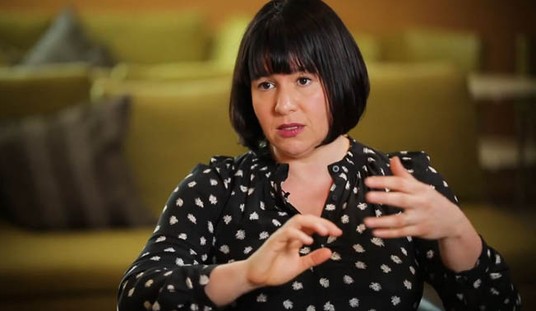At any given time, I have anywhere from 15 to 20 tabs open in my Internet browser. Occasionally, a tab will be open to a particular article for a couple of weeks before I manage to read the article itself. Such was the case with a March 13 piece by Anthony Esolen for CrisisMagazine.com. Headlined “Progressive Inhumanity, Part One: The State against the Family,” the article is “a think piece,” so I relegated it to last-priority status, an item to enjoy as dessert after digesting “newsier” articles.
This morning, I finally read it and its piercing relevancy compelled me to share it with every social network to which I belong. Crisis is a Catholic magazine and Esolen writes from an unabashedly Catholic perspective, but what he writes has ramifications for anyone who cares about freedom. Esolen writes:
At this point it seems to me coarse to turn to the political; but fittingly coarse. As jarring as it feels now to refer to so petty a thing as the leviathan, so unnatural it is for the leviathan to attempt to destroy or enfeeble or absorb the family. So says [Pope Leo XIII]: “The contention, then, that the civil government should at its option intrude into and exercise intimate control over the family and the household, is a great and pernicious error.” True, a destitute family without friends must be assisted by public aid, and parents who pervert the true ends of the family, by gross neglect or abuse, should be brought to justice, “for this is not to deprive citizens of their rights, but justly to safeguard and strengthen them.” Yet we tread here upon hallowed ground. “The rulers of the State,” says Leo, “must go no further: here nature bids them stop. Paternal authority can be neither abolished nor absorbed by the State; for it has the same source as human life itself.” Just as each one of us is an unrepeatable instance of the goodness of the Father, so too each child “takes its place in civil society, not of its own right, but in its quality as member of the family in which it is born.”
Other minds have said this better than I ever could. Here’s historian and political philosopher J.N. Figgis, writing in 1911:
“More and more it is clear that the mere individual’s freedom against an omnipotent State may be no better than slavery; more and more is it evident that the real question of freedom in our day is the freedom of the smaller unions to live within the whole.”
Here’s Robert Nisbet, writing in 1953:
“Individual versus State is as false an antithesis today as it ever was. The State grows on what it gives to the individual as it does on what it takes from competing social relationships — family, labor union, profession, local community and church.
And the individual cannot but find a kind of vicarious strength in what is granted to the state. For is he not himself a part of the State? Is he not a fraction of the sovereign? And is he not but adding to his political status as citizen what he subtracts from his economic, religious and cultural statuses in society?
Just as it seems to be human nature to love father and mother as a child, so does it seem to be human nature to find the ties that bind restrictive as an adolescent and to chafe against them. It is part of the project of adulthood, though, to come to grips with the existence of authority and power in the world and to choose between respecting authority or submitting to power. Granting the existence of moral authority would go a long way toward diminishing the power of the State.








Join the conversation as a VIP Member